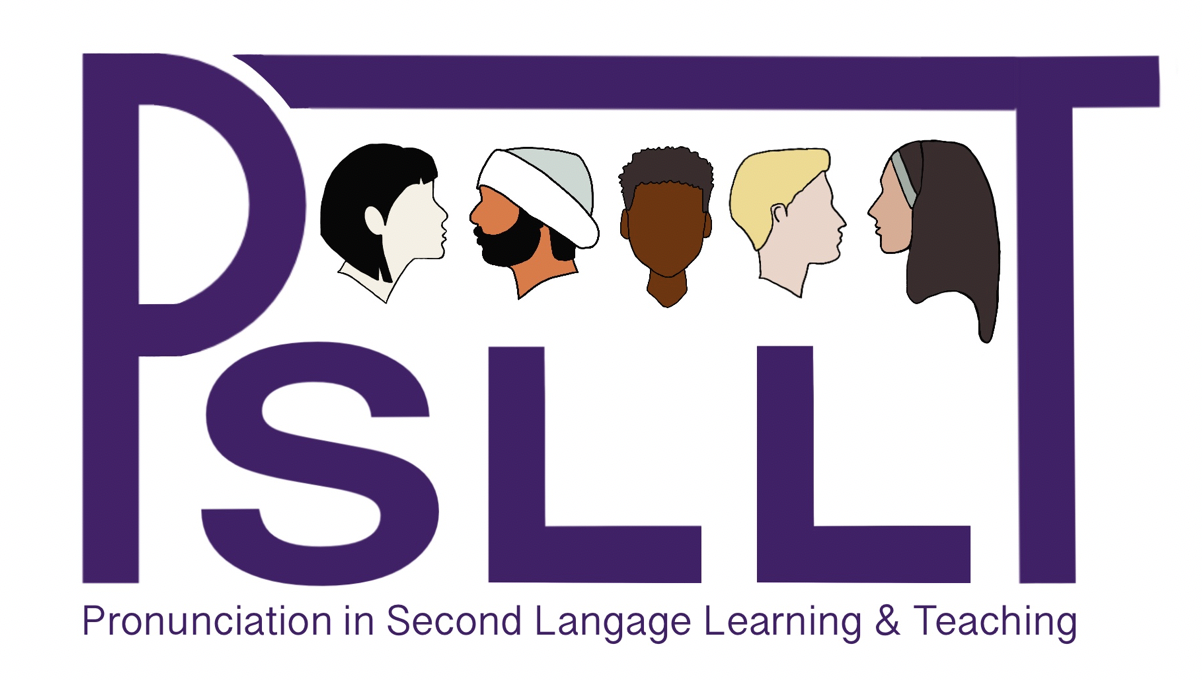Teaching Segmentals vs. Suprasegmentals: Different Effects of Explicit Instruction on Comprehensibility
- Joshua Gordon (University of Northern Iowa)
- Isabelle Darcy (Indiana University)
Abstract
This investigation reports the results of a pronunciation intervention to enhance the comprehensibility of learners of English as a foreign language (EFL) at a university in Costa Rica. Three groups of EFL students received pronunciation instruction on segmentals, suprasegmentals, or a combination of both using explicit phonetic instruction and communicative tasks during 10 weeks (30-mins each week). We collected spontaneous speech samples in a pretest and a posttest, and presented them to a group of 40 native speakers of English to be rated for comprehensibility. Our results indicated that the group trained in suprasegmentals significantly improved in comprehensibility by the end of the intervention. Additionally, the group of learners who received instruction with a combination of segmentals and suprasegmentals also improved in comprehensibility at the end of the intervention—although not significantly. Finally, the group trained on segmentals did not improve in comprehensibility. Our findings suggest that an intervention on suprasegmentals seems to help learners in the development of comprehensibility in a short period of time (see Gordon & Darcy, 2016; Levis & Muller Levis, 2018), and that incorporating pronunciation little by little into the regular language classroom can help learners achieve comprehensible speech in the long run (Darcy, 2018; Derwing, Munro, & Wiebe, 1998; Sardegna, Chiang, & Ghosh, 2016; Sicola & Darcy, 2015).
How to Cite:
Gordon, J. & Darcy, I., (2018) “Teaching Segmentals vs. Suprasegmentals: Different Effects of Explicit Instruction on Comprehensibility”, Pronunciation in Second Language Learning and Teaching Proceedings 10(1).
Downloads:
Download PDF
View PDF
